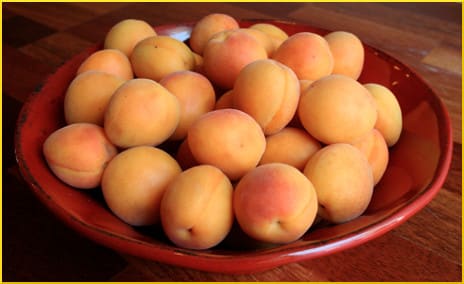
Last time, Childhood Obesity News looked at some of the foods available at the grocery store or even the health food store, that give a false impression of their integrity. Or maybe it’s just that we have a mistaken idea of what to expect.
Dr. Julie TwoMoon is a graduate of the National College of Naturopathic Medicine who also practices Oriental medicine. She finds several prevalent misconceptions about “health food.” One is that anything labeled “low fat” is automatically and unquestionably better. But Dr. TwoMoon reminds us that without fat, there is no carrier for fat-soluble vitamins, and without Vitamins A, D, E, and K, we are in a sorry condition. But what about the synthetic vitamins added to the products by manufacturers? Sorry, but they are no fit substitute.
Writer K. Aleisha Fetters passes along the ideas of author Jorge Cruise, who warns that calories acquired from sugar are the deadliest and need to be most vigorously avoided, for this reason:
They spike your blood sugar levels, triggering the release of hoards of insulin, which tell your body to store food as fat and hang onto the fat your body already has.
Cruise believes that no more than 100 calories per day should come from sugar (or basically from carbohydrates, since once inside the body it becomes pretty much the same thing.) There are, he says, starches that convert so fast they can raise a person’s blood sugar more quickly than straight table sugar. Fetters mentions many foods that people can easily be ambushed by because of their unexpected contents. For instance, in ½ cup of black beans, there are 92 sugar calories. Of course we need protein, but hummus is a much better source.
Although whole grains might contain more nutrients and protein than refined grains, Cruise isn’t crazy about them because at the end of the day they’re still mainly carbohydrate. Whole-wheat pasta, for instance, contains more than 200 sugar calories, twice Cruise’s recommended daily intake. He suggests instead using Japanese shirataki noodles, made from tofu.
Yogurt is a treat that needs to be chosen carefully, because a little container of it can hold as many calories as a can of soda. Even 6 ounces of fat-free yogurt might contain 50 calories worth of sugar, to replace the flavor removed along with the fat. Some experts suggest cottage cheese instead, to get an equivalent amount of protein without the sugar.
Fruits and vegetables
The American public has gotten the message that it’s important to eat many servings of fruits and vegetables per day. But they’re not all created equal. A fresh pear has 92 calories worth of sugar — pretty close to the suggested limit for the day. Cruise’s replacement suggestion is an apricot, which offers only 16 calories worth of sugar, and Vitamin C besides. He is totally against dried fruits, and Fetters explains why:
In nature, water is a main component of fruit, and can actually help regulate the body’s blood sugar levels. So when you suck all of the moisture from your fruit, you also suck dry its ability to moderate blood glucose spikes.
Dried bananas, for instance, account for a whopping 240 sugar calories in the very small unit of ¼ cup. Instead, snack on fresh blackberries, at 29 sugar-derived calories per ½ cup. Veggies can be treacherous too. A sweet potato has as many sugar-based calories as a pear — 92, which is too many. Sadly, this list could go on and on, but the research is worth doing, if we don’t want to fool ourselves.
Your responses and feedback are welcome!
Source: “Dr. Julie’s Top 7 Misconceptions Of The Health Food Store World,” SevenDirectionsMedicine.com, 03/30/14
Source: “10 Surprising Foods Making You Fat,” Fitbie.com, undated
Image by louis bennett

 FAQs and Media Requests:
FAQs and Media Requests: 











